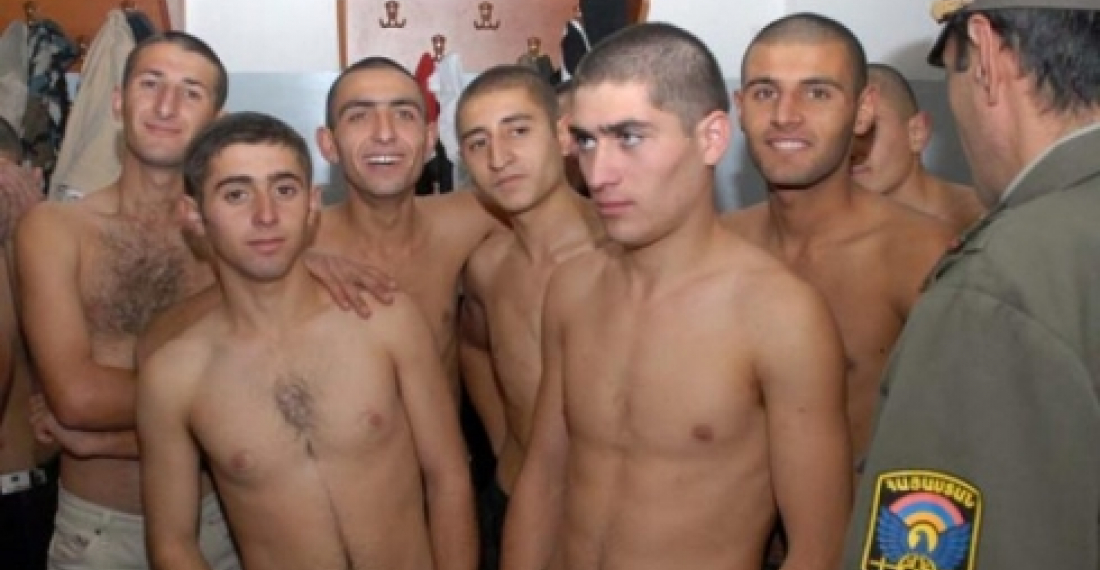Armenia's Chief Military Commissar has been dismissed from his post recently. Armenian media speculate that the dismissal was connected with problems in the conscription system which every year obliges all young Armenian men to enlist in the Army.
A spokesperson for the Armenian Ministry of Defence, Artsrun Hovhannisyan was quoted by Mediamax News Agency saying that "the system of military conscription will undergo fundamental changes in near future. The current system has mechanisms inherited from soviet times and they don't prove their value. Apart from that, parents of soldiers do hundreds of new tricks every year (to avoid their children being enlisted) which violates the principles of fair military conscription", he said.
The agency quoted Hovhannisyan as saying that "conscription wasn't smooth this year and reforms will start by dismissing the Chief Military Commissar of Armenia."
The issue is not new and not just limited to Armenia. Both Armenia and Azerbaijan have inherited it from the Soviet Union which based its defence on a large standing Army largely made up of conscripts. Soviet battle plans envisaged the deployment of a first wave of hundreds of thousands of conscripts into battle, knowing that many of them will die, and to keep the more hardened and experienced units for later. No wonder that conscription was very unpopular than. It is no different now and many parents do their utmost to prevent their children being enlisted. This may entail claiming illness, through patronage, or simply by bribing.
Both the Armenian and the Azerbaijani Armies have been riddled by accusations of maltreatment of conscripts. There have in recent years been some improvements in conditions. Both President Aliev and President Sargsyan are known to take a personal interest in the conditions of conscripts, and both have visited conscript camps in recent times to see for themselves conditions. Problems however remain. The firing of Armenia's Chief Military Commissar is seen as a positive step in the process of much needed reform of military practices in the region.
source: commonspace.eu
photo: Conscripts being enlisted in the Armenian Army (archive picture)







